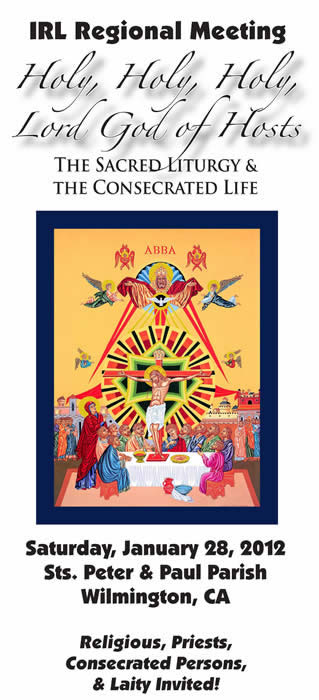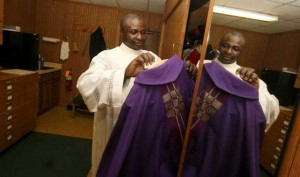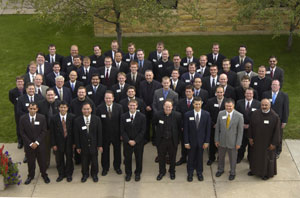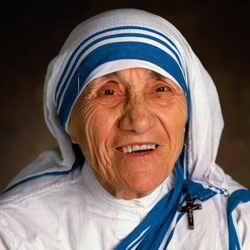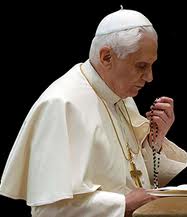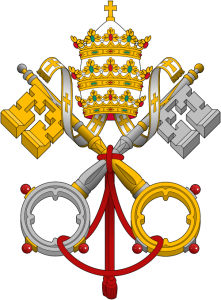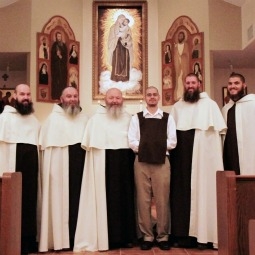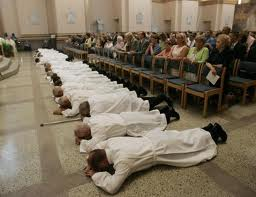 The online edition of Catholic World Report published this month an interesting report on the permanent diaconate by Jeff Ziegler, fittingly entitled “Servants of the Lord.”
The online edition of Catholic World Report published this month an interesting report on the permanent diaconate by Jeff Ziegler, fittingly entitled “Servants of the Lord.”
Vatican II (1962-65) expressed the hope that “the diaconate can in the future be restored as a proper and permanent rank of the hierarchy” in the Latin rites, especially in mission territories.
Ziegler summarizes the subsequent history:
“In 1967, Pope Paul VI issued general norms for the restoration of the permanent diaconate where requested by episcopal conferences. More than four decades later, 46 percent of the Church’s 37,203 permanent deacons serve in the United States, according to figures published in the 2011 Catholic Almanac, while an additional 5 percent serve in other parts of North America. A third of the Church’s deacons minister in Europe, 13 percent in South America, and approximately 1 percent each in Africa, Asia, and Oceania. There are more permanent deacons in the Archdiocese of Chicago than in all of Africa and Asia combined.”
Ziegler then gives interesting statistics on “deacon rich” and “deacon poor” dioceses in the United States. Interesting, one of the “deacon poor” dioceses Ziegler cites in his article is my own Archdiocese of Kansas City in Kansas. However, the most recent figures Ziegler had at his disposal did not include the 17 deacons ordained in the Archdiocese’s first class six months ago.
Ziegler also notes that the Church’s theological understanding of the diaconate is beginning to deepen in recent decades:
“Catholic teaching on the diaconate, while not as fully developed as magisterial teaching on the episcopate or the priesthood, has not been lacking over the past 50 years. The Second Vatican Council, Pope Paul VI’s 1967 apostolic letter on the restoration of the permanent diaconate, and the Catechism of the Catholic Church all briefly summarize the ministry of the deacon; Blessed John Paul devoted three general audiences to the diaconate in 1993, and Pope Benedict delivered an important address on the diaconate in 2006. In 1998, two Vatican congregations issued documents on the life, ministry, and formation of permanent deacons, and the United States Conference of Catholic Bishops issued a national directory devoted to the same topics six years later.”
Most recently, Bishop Alexander Sample published for the Diocese of Marquette, Michigan this past June “The Deacon: Icon of Jesus Christ the Servant,” a 19-page pastoral letter—perhaps the lengthiest and most thoughtful examination of the diaconate by an individual bishop in the deacon-rich United States.
While the information in the article is excellent, it remains for chancery offices around the country to make sound pastoral decisions as to how to best implement the ongoing restoration of the permanent diaconate. Ziegler’s statistics dispel the still-prevalent notion that the promotion of the diaconate somehow undercuts the promotion of vocations to the priesthood.
At the same time, the Church is already benefiting from the advances in diaconate formation that have been put into place in recent years. She will further benefit from an enhanced understanding of the deacon’s three-fold munera of word, liturgy, and charity, which are summed up in the call to serve the people after the manner of Jesus Christ, who came not to be served, but to serve and to give His life for others.
Like this:
Like Loading...
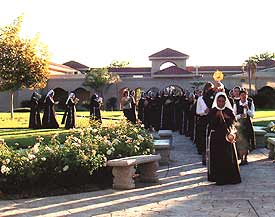 We wish all the friends and affiliates of the Institute on Religious Life a most blessed solemnity of the Immaculate Conception today.
We wish all the friends and affiliates of the Institute on Religious Life a most blessed solemnity of the Immaculate Conception today.
